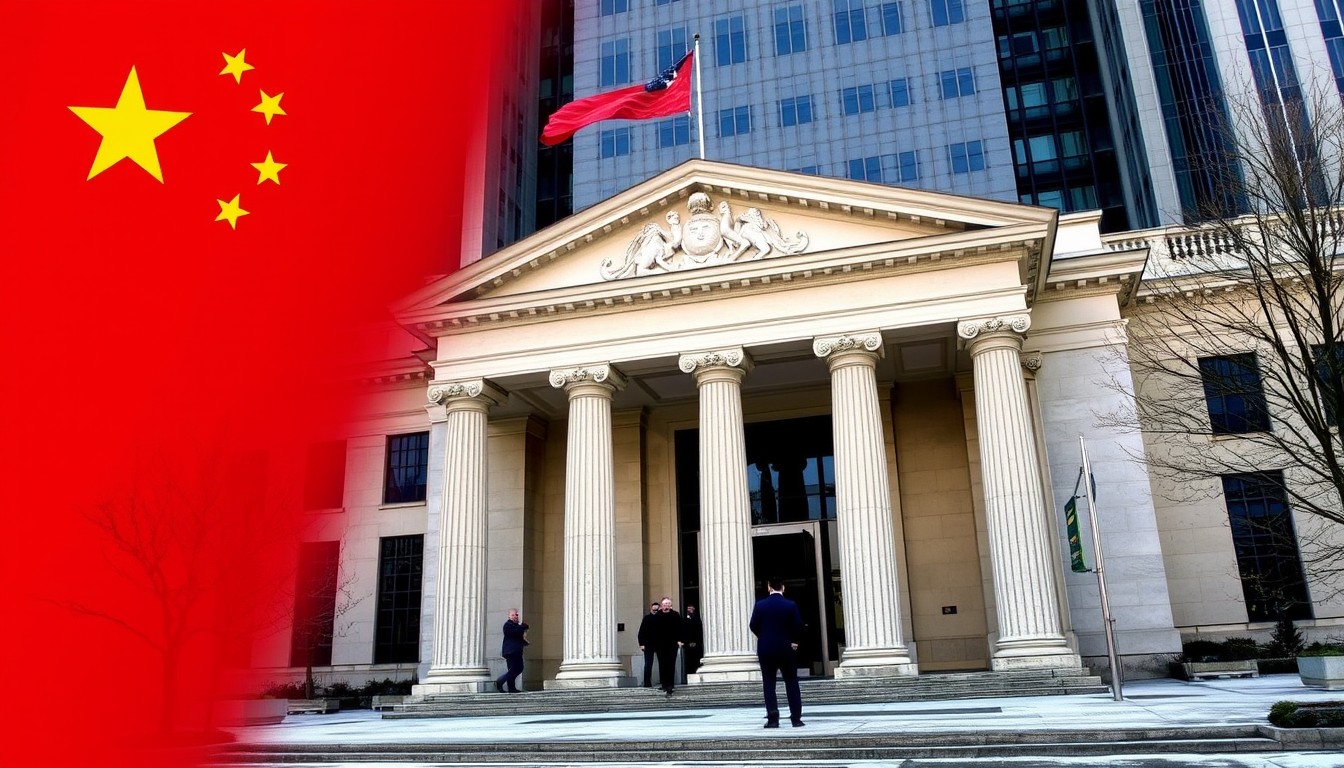Rising Concerns Over Deflation in China and ECB Rate Cuts

Recent economic data fuels concerns over deflation in China, while the European Central Bank (ECB) has decided to lower interest rates. Analysts indicate that weak demand and declining consumer prices in China may signal an economic slowdown, raising worries in both domestic and international markets.
China is already grappling with low inflation levels, which could lead to further declines in consumer spending. This could create a vicious cycle, intensifying pressure on the economy and reducing growth prospects in the future. According to data published by the National Bureau of Statistics of China, there was a drop in consumer prices in August of this year.
The situation is exacerbated by international factors such as increased volatility in commodity markets and growing pressures from global issues, which might further undermine the country's economic stability. Investors are beginning to approach Chinese company debt and stocks with increased caution, adding extra stress to an already vulnerable economy.
On the other hand, the ECB's decision to lower key interest rates reflects the European authorities’ desire to stimulate economic activity amidst slowing growth in the region. As inflation in Europe is marked by decline, lowering rates could be a crucial step to keep the economy afloat, though this decision may also impact business investments and consumer spending.
The overall situation in the global economic context is also concerning. Experts are warning of the risks of further economic slowdowns and financial crises, leading to global economic tension and uncertainty.

